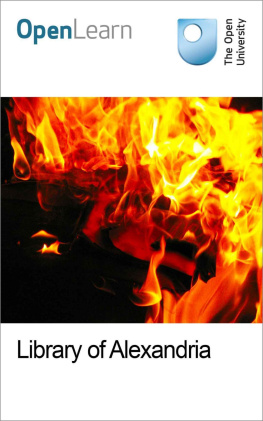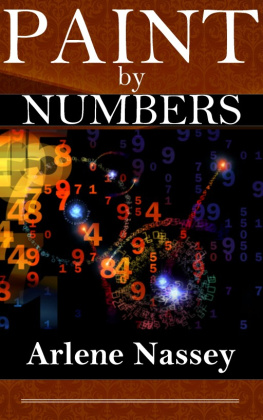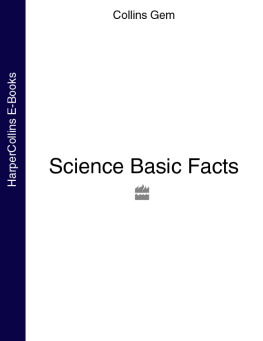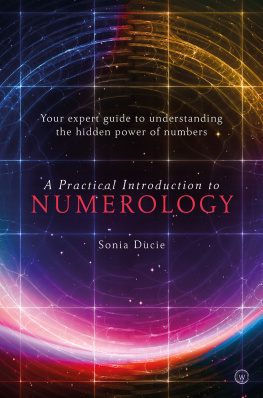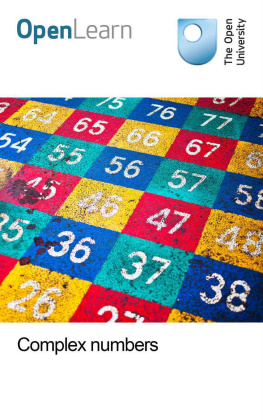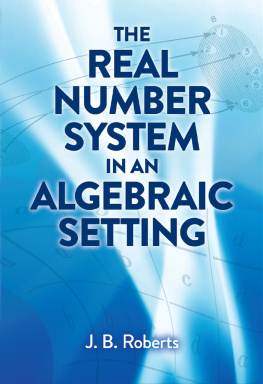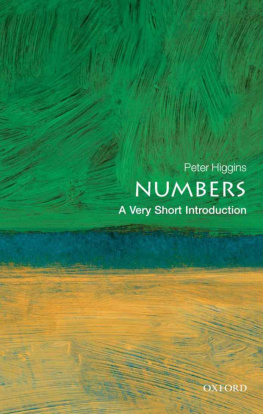The Open University - Basic science: understanding numbers
Here you can read online The Open University - Basic science: understanding numbers full text of the book (entire story) in english for free. Download pdf and epub, get meaning, cover and reviews about this ebook. year: 2016, publisher: The Open University, genre: Children. Description of the work, (preface) as well as reviews are available. Best literature library LitArk.com created for fans of good reading and offers a wide selection of genres:
Romance novel
Science fiction
Adventure
Detective
Science
History
Home and family
Prose
Art
Politics
Computer
Non-fiction
Religion
Business
Children
Humor
Choose a favorite category and find really read worthwhile books. Enjoy immersion in the world of imagination, feel the emotions of the characters or learn something new for yourself, make an fascinating discovery.

- Book:Basic science: understanding numbers
- Author:
- Publisher:The Open University
- Genre:
- Year:2016
- Rating:5 / 5
- Favourites:Add to favourites
- Your mark:
- 100
- 1
- 2
- 3
- 4
- 5
Basic science: understanding numbers: summary, description and annotation
We offer to read an annotation, description, summary or preface (depends on what the author of the book "Basic science: understanding numbers" wrote himself). If you haven't found the necessary information about the book — write in the comments, we will try to find it.
Basic science: understanding numbers — read online for free the complete book (whole text) full work
Below is the text of the book, divided by pages. System saving the place of the last page read, allows you to conveniently read the book "Basic science: understanding numbers" online for free, without having to search again every time where you left off. Put a bookmark, and you can go to the page where you finished reading at any time.
Font size:
Interval:
Bookmark:
This content was created and adapted within The Open University and originally published as an open educational resource on the OpenLearn website http://www.open.edu/openlearn/. This content may include video, images and interactive content that may not be optimised for your device. To view the original version of this content please go to OpenLearn http://www.open.edu/openlearn/.
If reading this text has inspired you to learn more, you may be interested in joining the millions of people who discover our free learning resources and qualifications by visiting The Open University http://www.open.ac.uk/choose/ou/open-content.
You can experience this free course as it was originally designed on OpenLearn, the home of free learning from The Open University http://www.open.edu/openlearn/science-maths-technology/basic-science-understanding-numbers/content-section-overview
Copyright 2014 The Open University
Except for third party materials and/or otherwise stated (see terms and conditions http://www.open.ac.uk/conditions) the content in OpenLearn and OpenLearn Works is released for use under the terms of the Creative Commons Attribution-NonCommercial-ShareAlike 4.0 Licence http://creativecommons.org/licenses/by-nc-sa/4.0/deed.en_GB.
In short this allows you to use the content throughout the world without payment for non-commercial purposes in accordance with the Creative Commons non commercial sharealike licence. Please read this licence in full along with OpenLearn terms and conditions before making use of the content.
When using the content you must attribute us (The Open University) (the OU) and any identified author in accordance with the terms of the Creative Commons Licence.
The Acknowledgements section is used to list, amongst other things, third party (Proprietary), licensed content which is not subject to Creative Commons licensing. Proprietary content must be used (retained) intact and in context to the content at all times. The Acknowledgements section is also used to bring to your attention any other Special Restrictions which may apply to the content. For example there may be times when the Creative Commons Non-Commercial Sharealike licence does not apply to any of the content even if owned by us (the OU). In these stances, unless stated otherwise, the content may be used for personal and non-commercial use. We have also identified as Proprietary other material included in the content which is not subject to Creative Commons Licence. These are: OU logos, trading names and may extend to certain photographic and video images and sound recordings and any other material as may be brought to your attention.
Unauthorised use of any of the content may constitute a breach of the terms and conditions and/or intellectual property laws.
We reserve the right to alter, amend or bring to an end any terms and conditions provided here without notice.
All rights falling outside the terms of the Creative Commons licence are retained or controlled by The Open University.
Head of Intellectual Property, The Open University
978 1 4730 1264 6
You can experience this free course as it was originally designed on OpenLearn, the home of free learning from The Open University http://www.open.edu/openlearn/science-maths-technology/basic-science-understanding-numbers/content-section-overview
Video content is not available in this format.

Janet Sumner is your guide through this course. She is a Media Fellow at The Open University with a specialist interest in volcanoes. Janet will appear at the start of each week to tip you off about the highlights and challenges, to remind you what youve learned and to help you make the most of these four weeks of scientific discovery.
Over the next four weeks you will look at how scientists:
- communicate with each other
- calculate area, volume and density and what this means for the Greenland ice sheet
- present numbers using significant figures, decimal places, fractions and percentages
- use different types of averages, draw and interpret graphs and find correlations in data.
This course is going to assume that you are new to studying science, so dont worry if you havent studied science before.
The course starts off simply, but by Week 4 you will be calculating the density of the Greenland ice sheet! This week, youll be focusing on how numbers are used in science.
To test your knowledge you can try the end-of-week quizzes and theres a final end-of-course quiz.
There are plenty of opportunities to communicate with other learners. There are forum threads for activities in each week. Please join in!
Before you start, The Open University would really appreciate a few minutes of your time to tell us about yourself and your expectations of the course. Your input will help to further improve the online learning experience. If youd like to help, and if you haven't done so already, please fill in this optional survey.
We would like to take this opportunity to remind you of the Conditions of use of Open University websites. To enrol on an OpenLearn course and participate in the forums, you must be aged 16 or over. Adults can use their own OpenLearn account to supervise under 16s on the course, posting comments on their behalf, and assisting with the experiments.
Remember, do not share any personal details such as your home address, email or phone number in any comments you post. You can read more in the OpenLearn FAQs.
You can experience this free course as it was originally designed on OpenLearn, the home of free learning from The Open University http://www.open.edu/openlearn/science-maths-technology/basic-science-understanding-numbers/content-section-overview
Video content is not available in this format.

In this video, the issues surrounding bottled water are discussed along with many, many, MANY numbers.
The video also makes some assertions about contamination of bottled water by PET in plastic bottles, which were raised as a possible danger to health a few years ago. However, no convincing scientific evidence has been produced to prove this effect. Weve left the section on plastics in the video because its important to understand that science advances by testing hypotheses. This is a process which includes scientific study and debate, and can take several years, during which time scare stories continue to circulate. The Cancer Research UK website has a good explanation of the situation concerning the plastic bottles.
As you watch the video, focus on how important the numbers are to the story that the narrators are conveying. How do the narrators try to help the viewer to comprehend the numbers?
You can experience this free course as it was originally designed on OpenLearn, the home of free learning from The Open University http://www.open.edu/openlearn/science-maths-technology/basic-science-understanding-numbers/content-section-overview

Font size:
Interval:
Bookmark:
Similar books «Basic science: understanding numbers»
Look at similar books to Basic science: understanding numbers. We have selected literature similar in name and meaning in the hope of providing readers with more options to find new, interesting, not yet read works.
Discussion, reviews of the book Basic science: understanding numbers and just readers' own opinions. Leave your comments, write what you think about the work, its meaning or the main characters. Specify what exactly you liked and what you didn't like, and why you think so.

